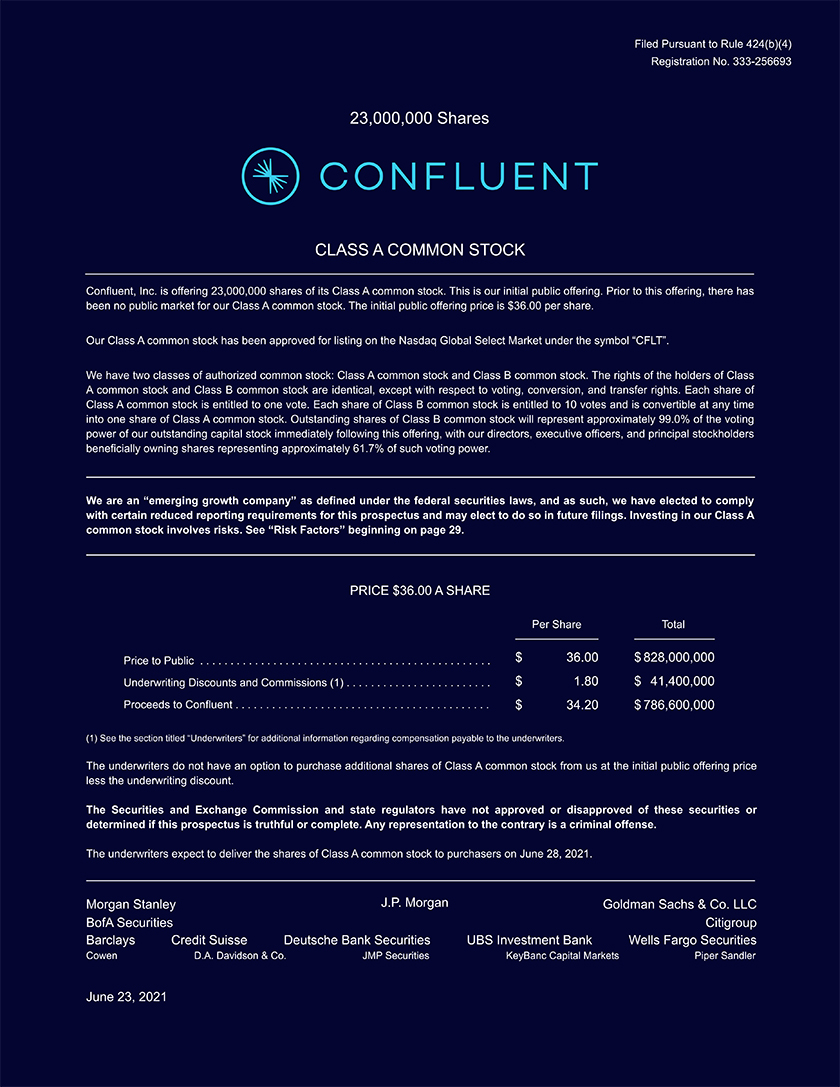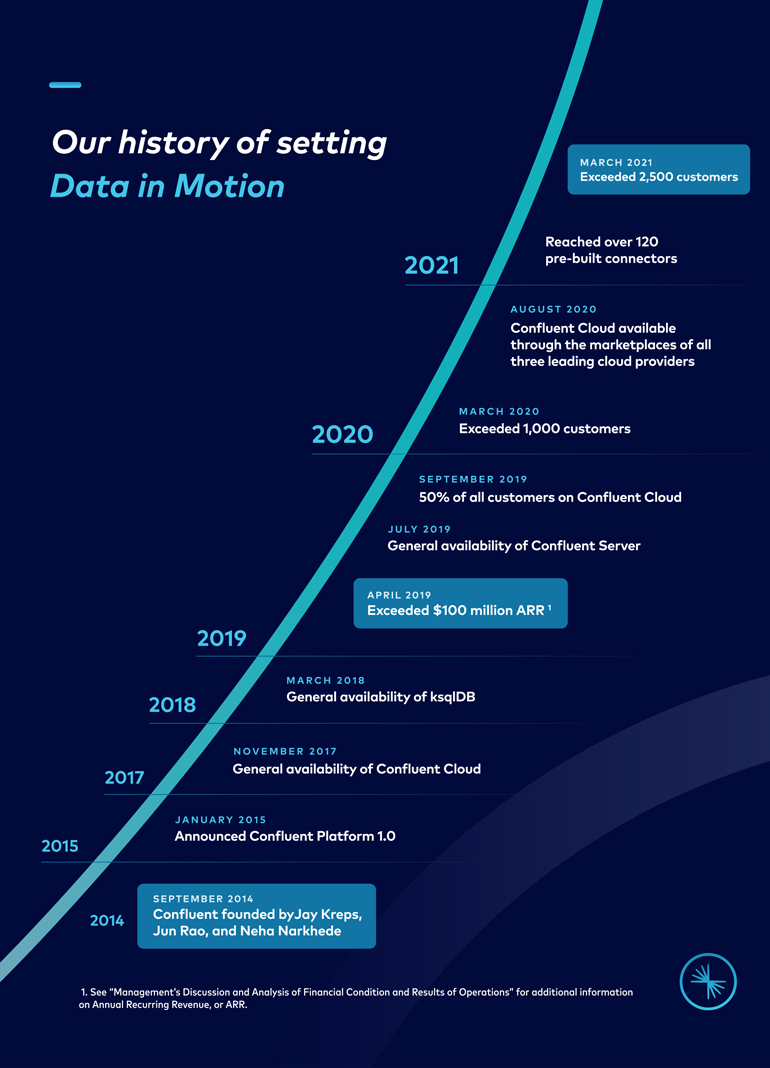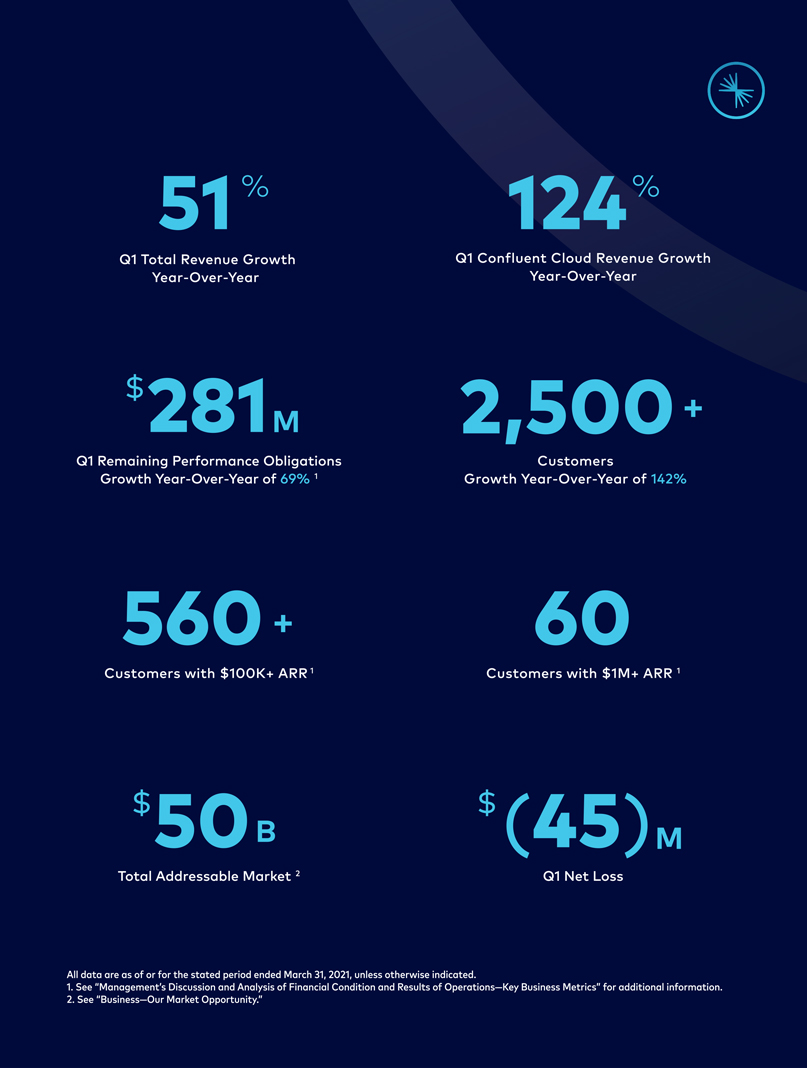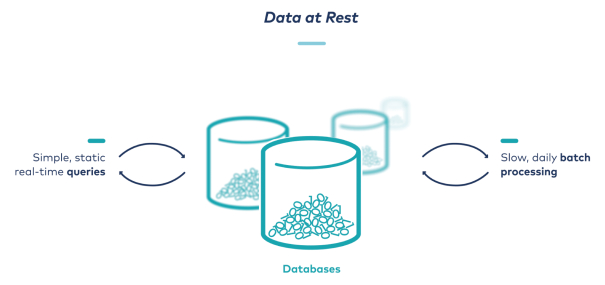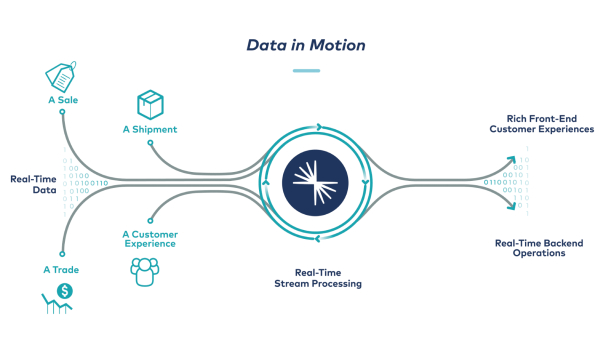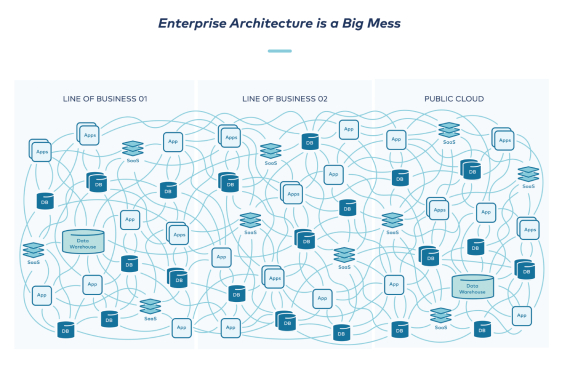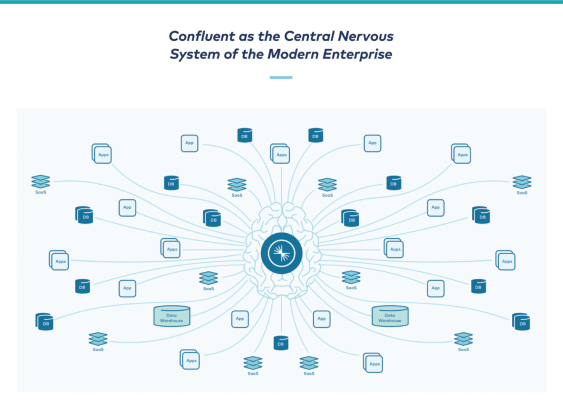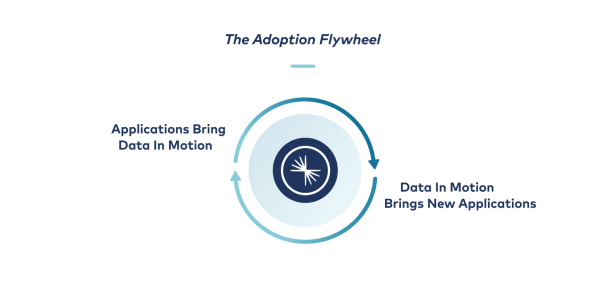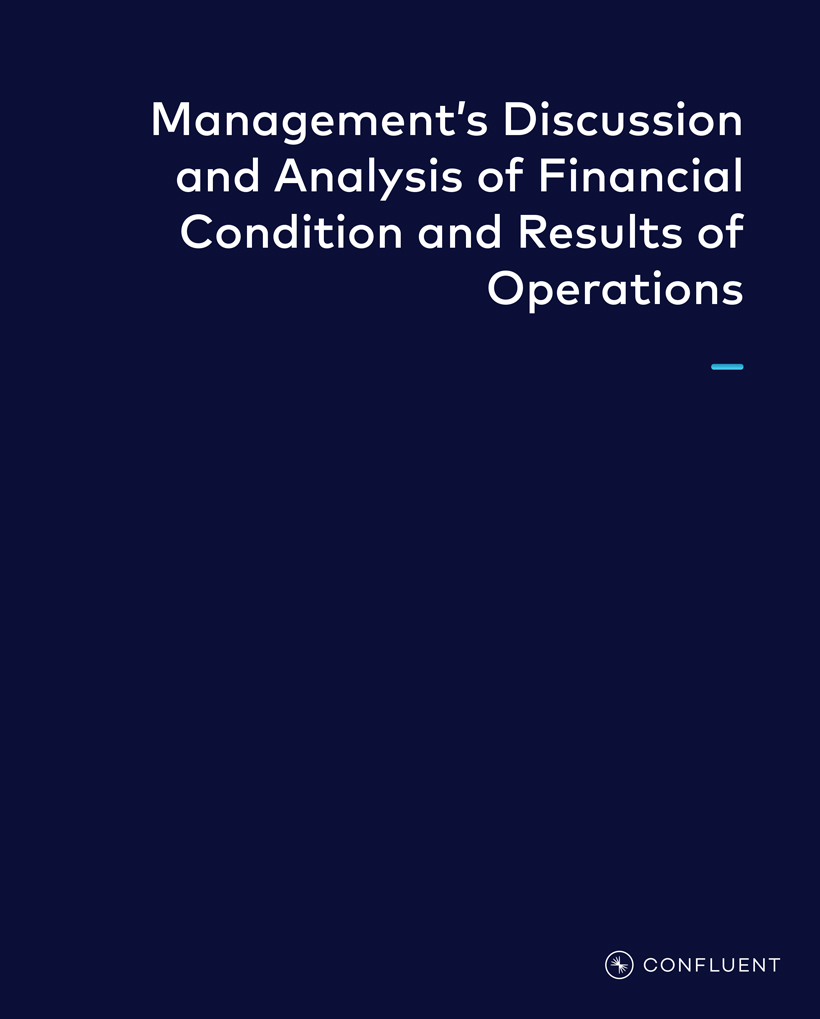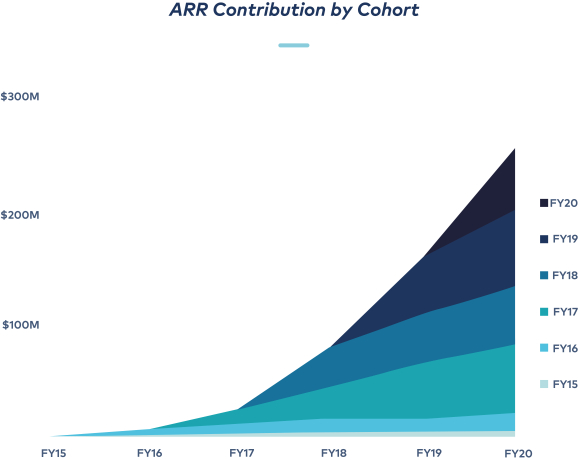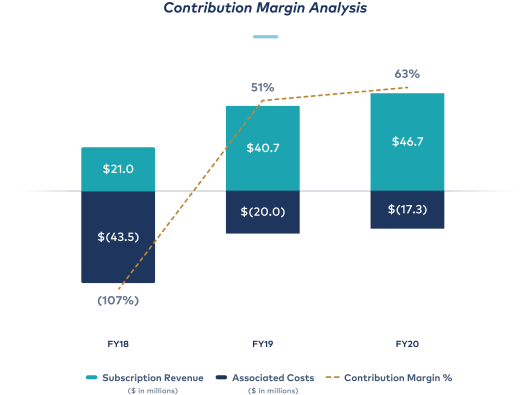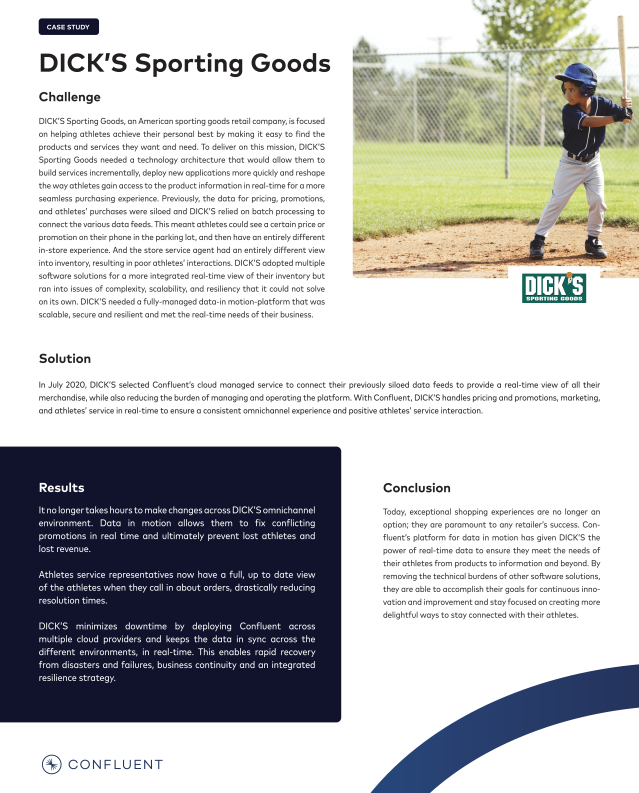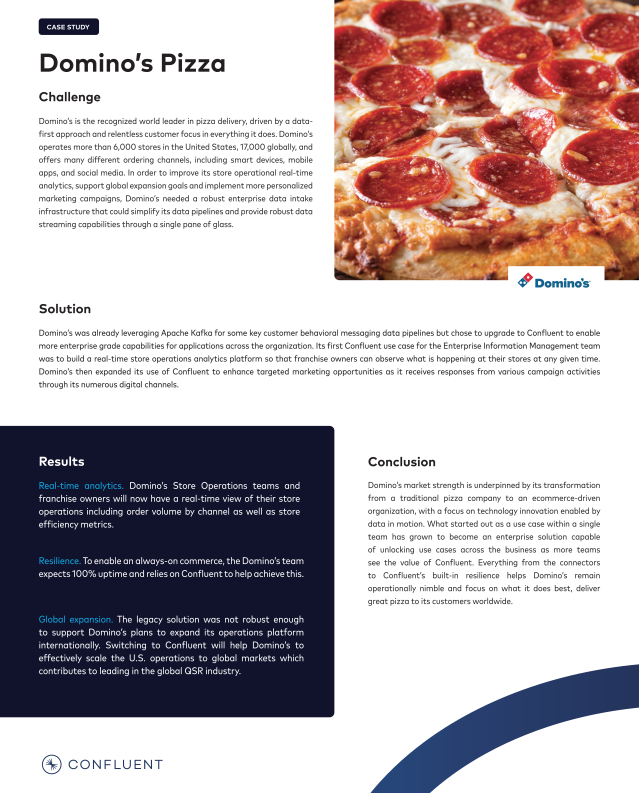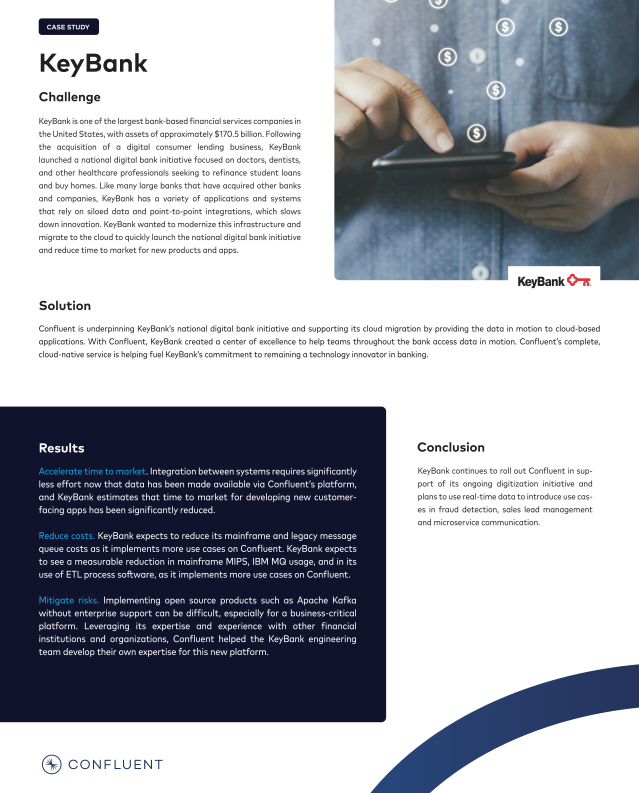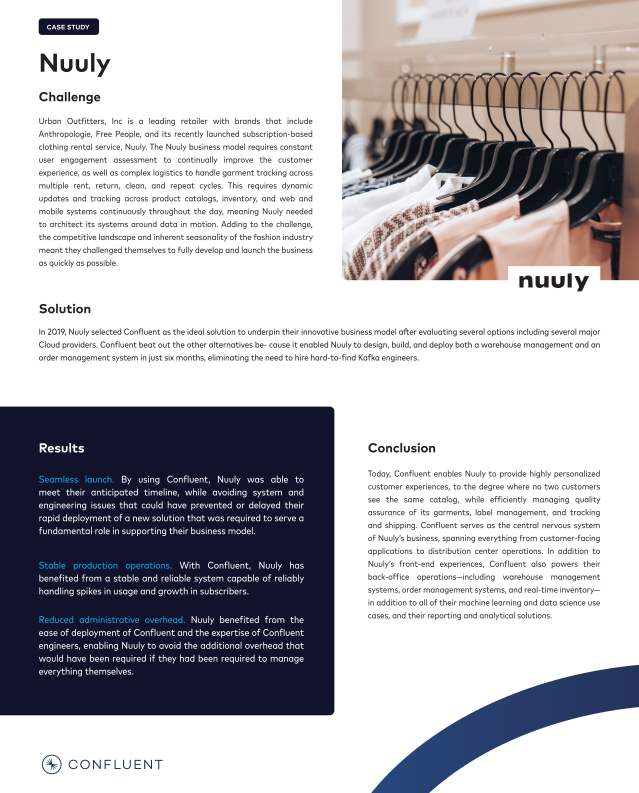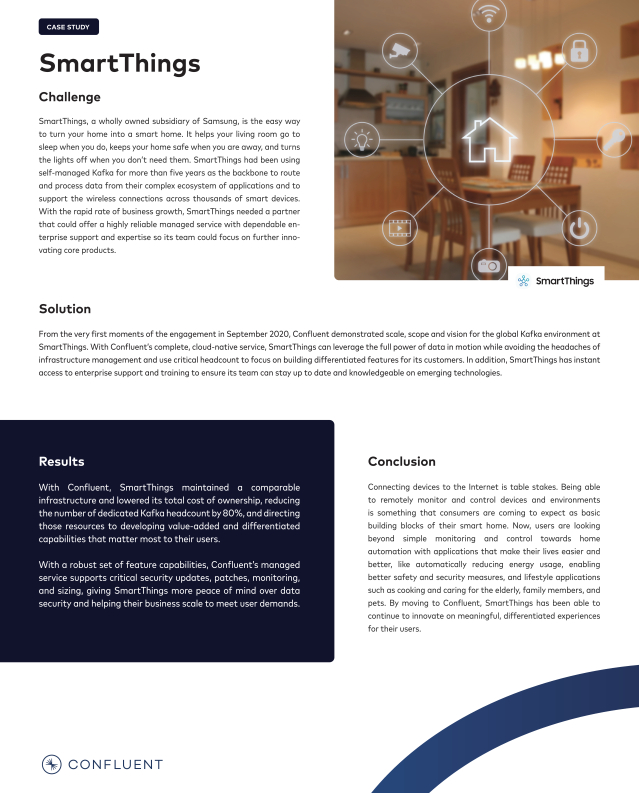party intermediaries to market our offering and to obtain necessary permits, licenses, and other regulatory approvals. In addition, we or our third-party intermediaries may have direct or indirect interactions with officials and employees of government agencies or state-owned or affiliated entities. We can be held liable for the corrupt or other illegal activities of these third-party intermediaries, our employees, representatives, contractors, partners, and agents, even if we do not explicitly authorize such activities.
While we have policies and procedures to address compliance with such laws, our employees and agents may take actions in violation of our policies and applicable law, for which we may be ultimately held responsible. As we increase our international sales and business, our risks under these laws may increase.
Detecting, investigating and resolving actual or alleged violations of anti-corruption laws can require a significant diversion of time, resources, and attention from senior management. In addition, noncompliance with anti-corruption, anti-bribery or anti-money laundering laws could subject us to whistleblower complaints, investigations, sanctions, settlements, prosecution, enforcement actions, fines, damages, other civil or criminal penalties or injunctions, suspension, or debarment from contracting with certain persons, reputational harm, adverse media coverage, and other collateral consequences. If any subpoenas or investigations are launched, or governmental or other sanctions are imposed, or if we do not prevail in any possible civil or criminal proceeding, our business, financial condition, and results of operations could be harmed. In addition, responding to any action will likely result in a materially significant diversion of management’s attention and resources and significant defense costs and other professional fees.
Changes in laws and regulations related to the internet or changes in the internet infrastructure itself may diminish the demand for our software, and could have a negative impact on our business.
The future success of our business, and particularly Confluent Cloud, depends upon the continued use of the internet as a primary medium for commerce, communication, and business applications. Federal, state or foreign government bodies or agencies have in the past adopted, and may in the future adopt, laws or regulations affecting the use of the internet as a commercial medium. Changes in these laws or regulations could require us to modify our software in order to comply with these changes. In addition, government agencies or private organizations may begin to impose taxes, fees or other charges for accessing the internet or commerce conducted via the internet. These laws or charges could limit the growth of internet-related commerce or communications generally, resulting in reductions in the demand for internet-based solutions such as ours.
In addition, the use of the internet as a business tool could be adversely affected due to delays in the development or adoption of new standards and protocols to handle increased demands of internet activity, security, reliability, cost, ease of use, accessibility, and quality of service. The performance of the internet and its acceptance as a business tool have been adversely affected by “ransomware,” “viruses,” “worms,” “malware,” “phishing attacks,” “data breaches,” and similar malicious programs, behavior, and events, and the internet has experienced a variety of outages and other delays as a result of damage to portions of its infrastructure. If the use of the internet is adversely affected by these issues, demand for our subscription offering and related services could suffer.
Changes in tax laws or tax rulings could harm our financial position and results of operations.
The tax regimes we are subject to or operate under, including income and non-income taxes, are unsettled and may be subject to significant change. Changes in tax laws, regulations, or rulings, or changes in interpretations of existing laws and regulations, could materially affect our financial position and results of operations. For example, the 2017 Tax Cuts and Jobs Act, or the Tax Act, made broad and complex changes to the U.S. tax code, including changes to U.S. federal tax rates, additional limitations on the deductibility of interest, both positive and negative changes to the utilization of future net operating loss, or NOL, carryforwards, allowing for the expensing of certain capital expenditures, and putting into effect the migration from a “worldwide” system of taxation to a territorial system. The issuance of additional regulatory or accounting
60
